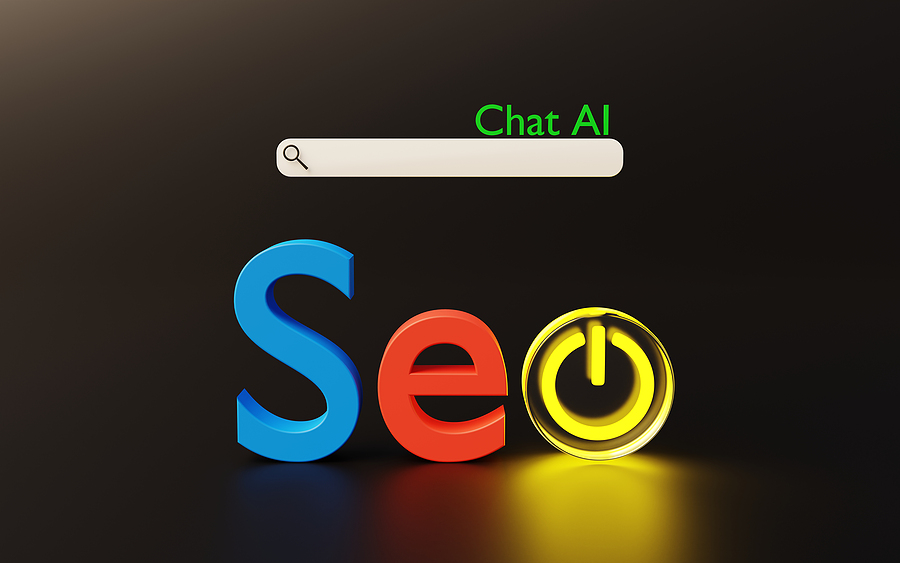Search Engine Optimization (SEO) is constantly evolving, and keeping up with the latest best practices is a lot for most business owners. That’s why we exist! Falling behind on the trends can have negative effects so teaming with professionals who can ensure your site is up to date and performing on the search engines is critical to remain competitive.
Now, a tool that’s taking all industries by storm has also made its way to SEO. Google’s AI-powered Language Models (LLMs) are revolutionizing the SEO diagnostics process and making the services we can provide to clients even more high power. These tools offer data-driven decisions help to identify and address SEO issues more effectively than ever before – optimizing online presence and improving search engine performance.
Understanding Google’s AI-powered Language Models
Google’s LLMs are state-of-the-art language models designed to understand and process natural language at an extraordinary level. These models, like GPT-3.5, are trained on vast datasets containing a diverse range of textual information, enabling them to comprehend and generate human-like text. With their advanced natural language processing capabilities, LLMs have shown immense potential in various applications, including content generation, translation, and now, SEO diagnostics. Combine this with years of experience and marketing expertise and it’s a very effective way to drive better results.
Enhanced SEO Diagnostics
Traditionally, we all relied on manual audits and SEO tools to help us identify issues that could be hindering a website’s performance on search engines. After getting these insights we took off on a journey to correct everything we could and be in line with best practices. However, the problem has always been that these methods required significant time and effort, and they don’t always capture all the intricacies needed for optimal SEO. With Google’s LLMs, automated and comprehensive SEO diagnostics are performed. Boosting the chances that you’ll see the better results you hoped for.
Content Analysis: LLMs can analyze website content to assess its relevance, originality, and keyword usage. By identifying duplicate content, keyword stuffing, or thin content, we can optimize content for search engines.
User Experience (UX) Assessment: Google’s LLMs can evaluate the readability and coherence of website content. As you already know, websites with well-structured, engaging, and easy-to-understand content are more likely to rank higher on search engine result pages (SERPs).
Keyword Research and Optimization: Leveraging LLMs’ understanding of user intent, it’s possible to more easily identify relevant keywords and optimize content accordingly. This approach ensures that websites align with users’ search queries, improving their chances of being discovered by the right audience.
Backlink Profile Analysis: Google’s LLMs can analyze a website’s backlink profile and evaluate the quality of inbound links. High-quality, relevant backlinks from authoritative sources contribute significantly to a website’s SEO success.
Technical SEO Evaluation: LLMs can assist in identifying technical SEO issues, such as broken links, slow page speed, or mobile responsiveness problems. Addressing these issues enhances website performance and user experience.
By harnessing the power of natural language processing, these models offer invaluable insights into a website’s performance on search engines. As technology continues to advance, LLMs will likely play an even more significant role in shaping the future of SEO.
 logo
logo
